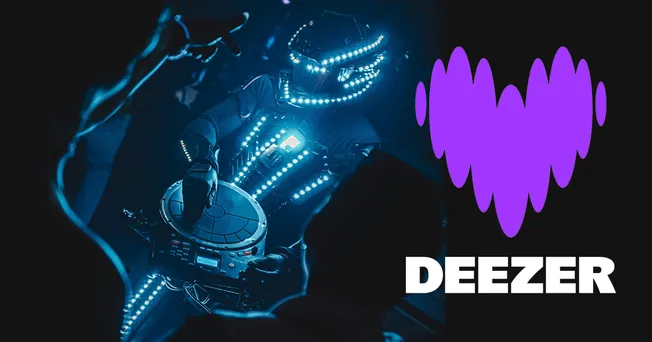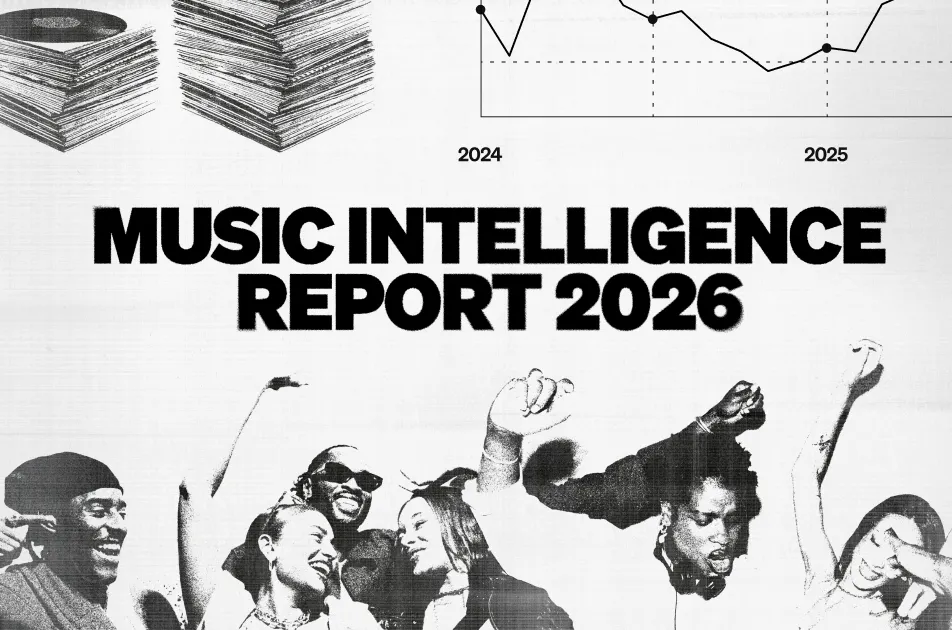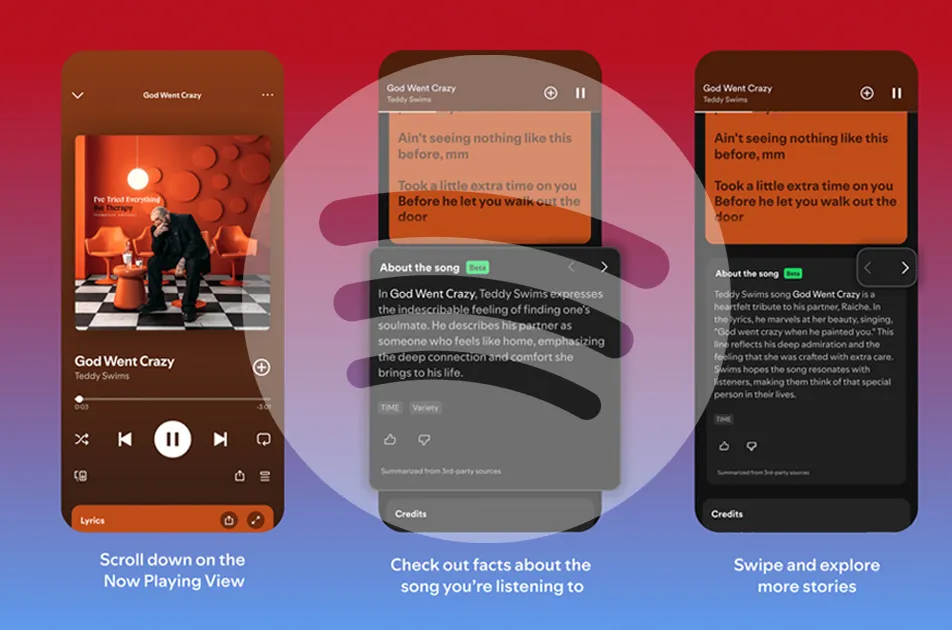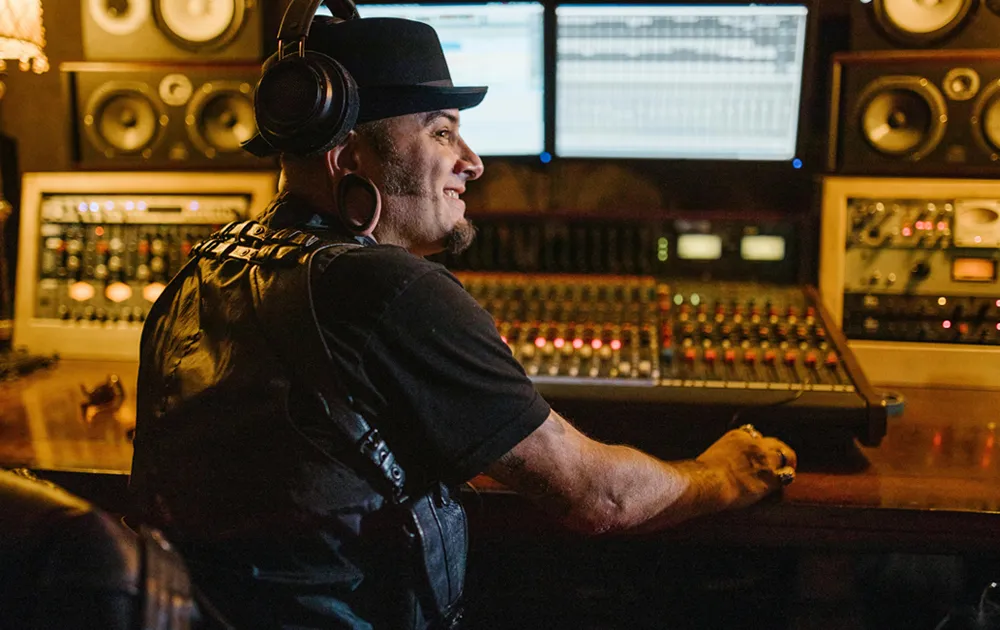50,000 AI-Generated Tracks Flood Deezer Daily; Listeners Can’t Tell the Difference.
By Jeremy Young
Deezer has revealed that it’s now receiving more than 50,000 fully AI-generated tracks every single day, accounting for a little over a third of all new uploads to the platform. The data, published on November 12, marks one of the most concrete indicators yet of just how dramatically generative music tools are changing the landscape of streaming.
The company says it’s using its proprietary AI identification system to flag synthetic tracks — an effort that has become critical as low-cost AI music generators such as Udio and Suno make it easy to flood digital platforms with thousands of compositions at a time.
Adding to the complexity: an Ipsos-conducted survey commissioned by Deezer found that 97% of listeners couldn’t tell the difference between human-made and AI-generated songs in a blind listening test. The same study, which polled 9,000 respondents across eight countries, found that 80% of people want AI-generated music to be clearly labeled, and 73% want transparency about whether their platform’s recommendations include synthetic tracks.
Now that we’re talking numbers, let’s take a deeper look at some of the other mind-boggling data points coming out of this announcement from Deezer.
By the Numbers
Uploads and Scale
- 50,000 AI-generated tracks are now uploaded to Deezer every day — up from 10,000 in January (2025) and 30,000 in September (2025).
- These uploads represent around 34% of total daily deliveries to the platform, which now handles roughly 147,000 new tracks each day.
- Still, AI-generated music only accounts for about 0.5% of total streams on Deezer — suggesting that most listeners aren’t engaging with synthetic content at scale.
Listener Perception from Deezer’s Ipsos Study
- 97% of people couldn’t correctly distinguish human vs. AI-generated music.
- 70% of respondents believe AI music threatens musicians’ income, and 80% support mandatory labeling for synthetic tracks.
- 73% of respondents believe it’s unethical to use copyrighted material to generate new artificial music without permission from original artists, with 65% sharing the believe that AI models shouldn’t be allowed to train on copyrighted material at all.
Fraud and Royalty Patterns
- Responsibly, Deezer now removes 100% AI-generated tracks from playlists and algorithmic recommendations, limiting their exposure in the user experience.
- Up to 70% of streams on AI-generated tracks are fraudulent, according to Deezer’s detection systems — largely driven by bot networks inflating play counts to siphon royalties.
How Does AI-Generated Music Fuel Streaming Fraud?
While the flood of AI tracks raises philosophical questions about art and authorship, Deezer’s findings suggest that much of this surge is not creative experimentation — it’s financial manipulation.
Generative music tools have made production virtually free. A single user can prompt a model to create hundreds of short, royalty-eligible tracks in minutes. Upload those tracks en masse, run them through a bot-driven streaming farm, and you’ve created an automated system for extracting micro-payments from streaming royalties. It’s a numbers game: the goal isn’t to make a hit, but to make hundreds of thousands of “plays,” that each pay a fraction of a cent, add up.
This practice has existed in streaming for years — with fake artists, white-noise tracks, and spam compilations — but generative AI has supercharged it. As The Guardian reported earlier this year, up to 70% of streams on AI-generated tracks may be fraudulent, a figure that aligns with Deezer’s own internal data.
For legitimate artists, that presents a double threat. Not only does it dilute visibility (as algorithmic feeds fill with low-effort AI uploads), but it also skews payout pools, diverting funds away from working musicians. Even if those fake streams are eventually detected and removed, they still increase administrative costs for platforms — costs that may trickle down to rightsholders through lower overall royalty rates.
It’s kind of a lose-lose situation. Although, Deezer’s transparency around this issue spotlights how the platform is committed to prioritizing clarity and solutions that benefit artists though. In particular, they’ve committed to removing 100% of AI-generated tracks from its recommendation algorithm, and excludes these songs from editorial playlists to lessen their impact on the royalty pool.
With such overwhelming distrust for the presence and potential fraud implications of this content appearing alongside human-made music, it begs the question:
What, if anything, is the upside of having AI-generated content be allowed on streaming sites at all?





